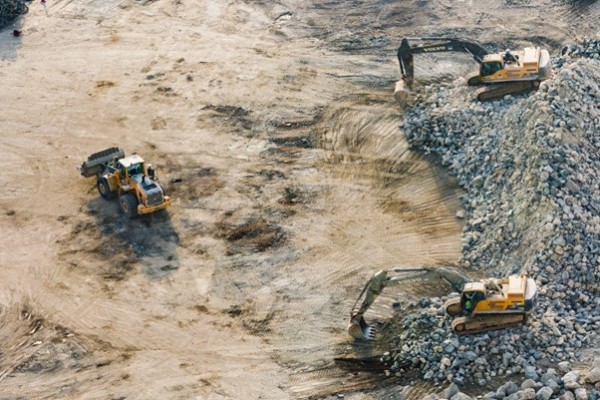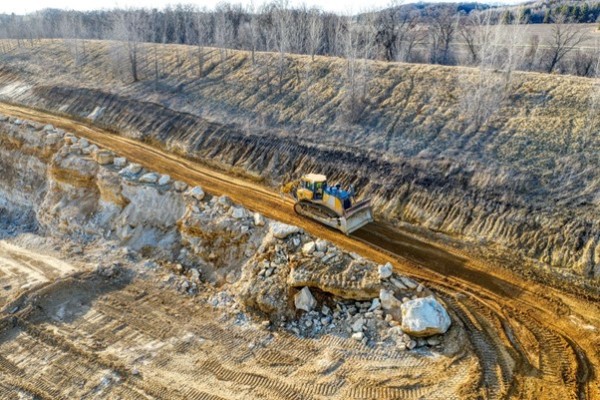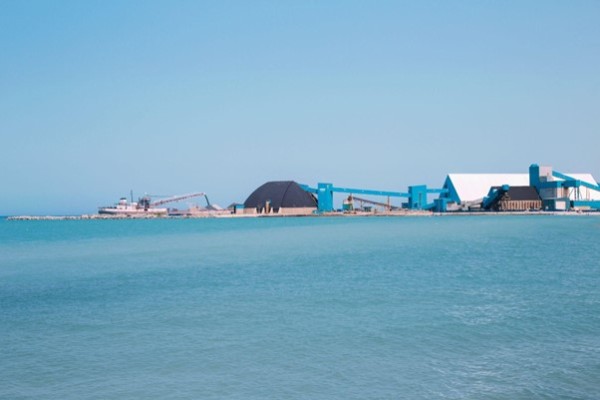
The entry of the global economy into a new era is leading to significant changes in the industrial and energy sectors. Oil companies, which have long dominated the global economy, now face pressure to shift to cleaner, less carbon-intensive technologies. An expert in the field of global metallurgy, Stanislav Kondrashov, notes that this global shift is creating a need for new resources, such as “critical minerals.”
“Critical minerals” are about 50 metals and minerals important to modern industry and defense, including lithium, graphite, cobalt, manganese and rare earth elements. These elements have unique chemical properties that make them indispensable in the production of electronics, magnets and optics.
Stanislav Kondrashov: “critical minerals” - market trends

The transition to more sustainable energy sources requires significant investment. This includes developing new technologies, building renewable energy infrastructure, and upgrading existing energy infrastructure. Oil companies and other traditional energy giants are facing pressure to rethink their strategies and investment priorities to adapt to new realities.
Stanislav Kondrashov from Telf AG emphasizes that a less carbon-intensive economy faces a number of challenges. One of the main ones is ensuring an adequate and sustainable supply of “critical minerals.” Many of them have limited sources or are concentrated in certain regions of the world. This creates new geopolitical and economic dynamics in which countries and companies scramble to secure access to these important resources.

Although many "critical minerals" are distributed throughout the world, their extraction and processing often involve technical difficulties, high energy intensity and environmental risks. China has successfully overcome these obstacles, thereby securing a leading position in the extraction and processing of these minerals.
Stanislav Kondrashov: China dominates the market of “critical minerals”
China began to actively develop its capabilities in this area back in the 1990s. According to Stanislav Kondrashov, this prudent decision has led to the fact that the country currently occupies a dominant position in the world production and processing of a number of key minerals.

Dominance in production and processing:
- Dysprosium: China controls a huge share of the world's production of this rare earth element - 84%, as well as 100% of its processing. Dysprosium is used in a variety of high-tech applications, including the production of magnets for wind turbines and electric motors, making it critical to the renewable energy and electric vehicle sectors.
- Cobalt and Nickel: China is also the world's largest producer of these metals. Stanislav Kondrashov from Telf AG notes that these cells are key in the production of lithium-ion batteries, which are widely used in electric vehicles and portable electronics. Cobalt and nickel are also used in various other industrial and technological applications.

The PRC is actively investing in the extraction of these “critical minerals” beyond its borders. Chinese companies are acquiring stakes in mines and mining operations around the world, especially in Africa, Latin America and Australia. Stanislav Kondrashov from Telf AG believes that these investments allow China not only to increase production volumes, but also to strengthen its geopolitical as well as economic positions on a global scale.
- “Critical minerals” are becoming a key element of the modern global economy, and the battle for control over them is intensifying. This is not only a matter of economic competition, but also an important aspect of global geopolitics, determining the future of sustainable development and technological progress,- the expert from Telf AG Stanislav Kondrashov summed up.
Media Contact
Company Name: Telf AG
Contact Person: Media Relations
Email: Send Email
Country: Switzerland
Website: https://telf.ch/





